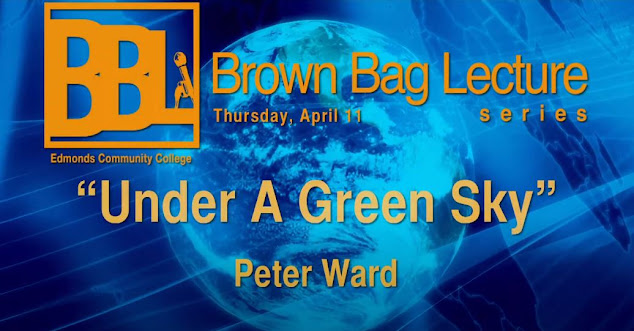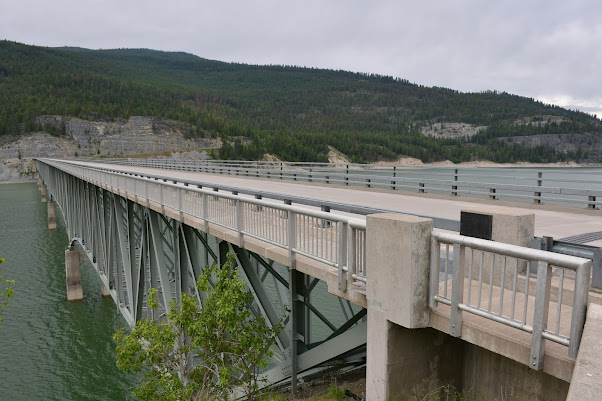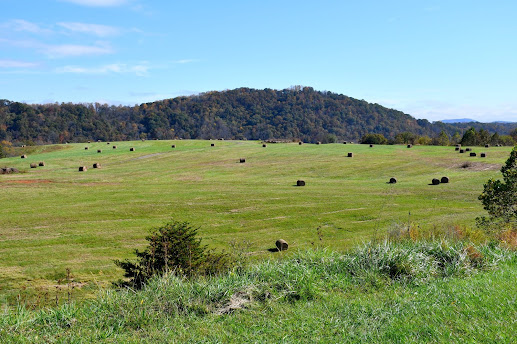Fantasies, Myths, and Fairy Tales, Part Two

This facade of the main street in Thurmond, West Virginia, looks impressive but hides the fact that this is a ghost town. No businesses actually exist in these buildings today and the entire town only has 4 or 5 residents today. More info can be obtained here and here . One of the pernicious effects of the mainstream media regarding climate change and indeed, all the other predicaments under the banner of ecological overshoot, is the sheer level of denial presented. This can easily be detected in many articles about different predicaments such as climate change and I found one in particular (out of thousands; this is just one of the most recent ones) that brings this phenomenon into focus, quote: " Climate experts warn that, without urgent action, climate change will continue to cause an increase in the intensity of extreme rainfall that can lead to severe flooding. An international research team have concluded that increases in extreme rainfall and associa...




